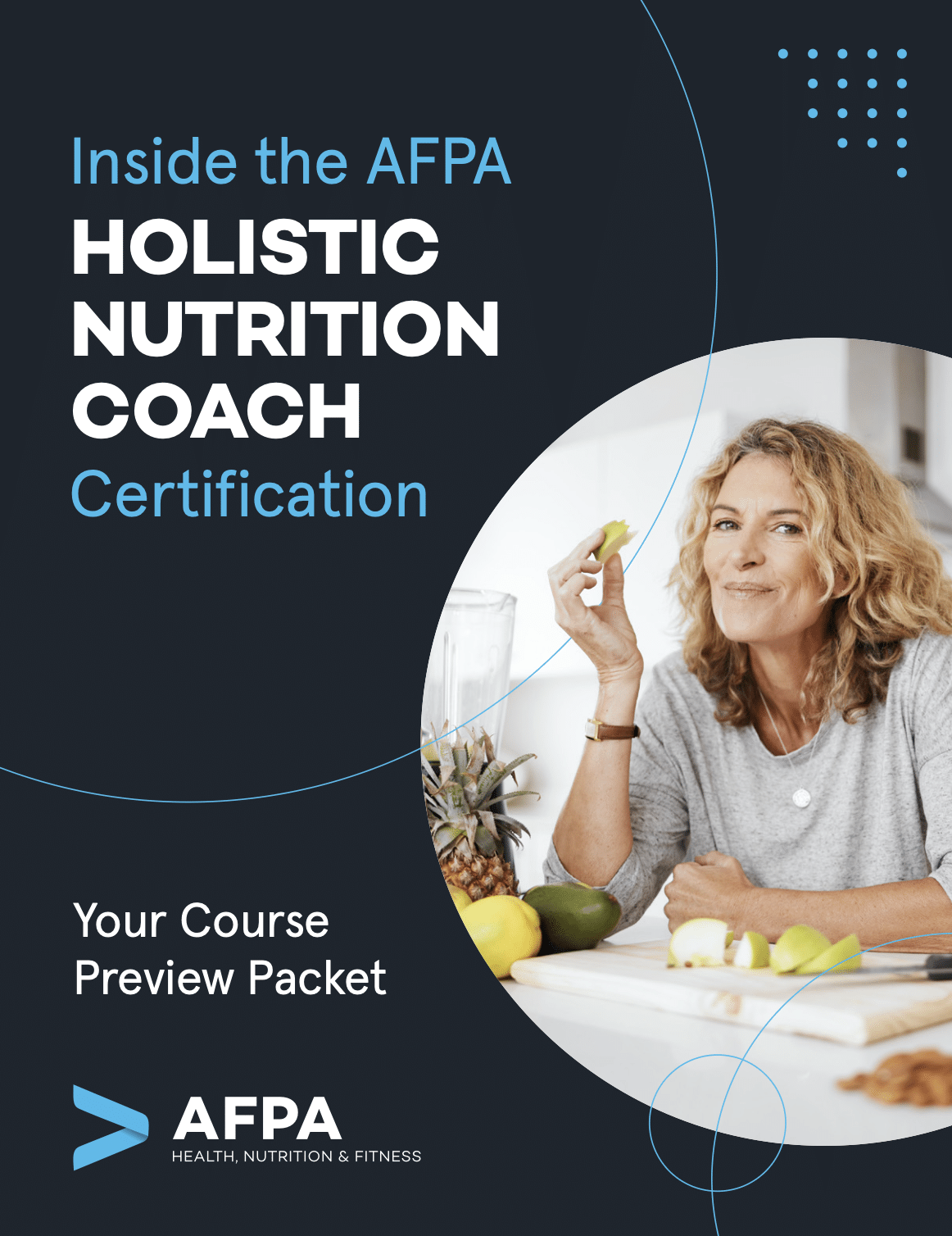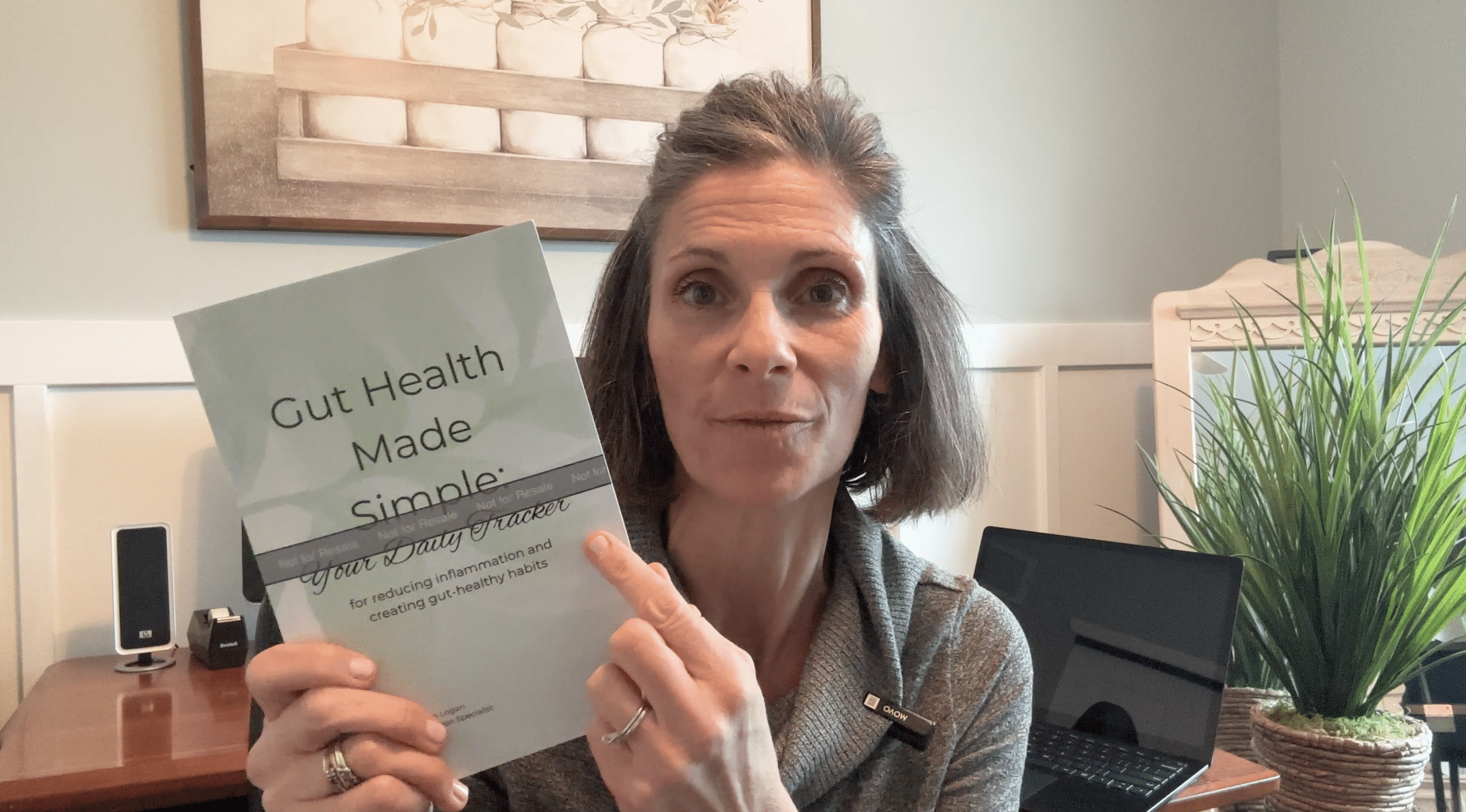Fitness and nutrition naturally go hand-in-hand, and personal trainers are often asked for their advice on how clients can boost performance, lose weight, deal with a chronic health condition, lower potential health risks, and get adequate nutrient intake.
Trainers are usually expected to have an opinion on the latest diet trends, like keto, Paleo, or carb cycling, and how those might fit in with a training regime—many clients even ask for specific food plans that include shopping lists, recipes, and fat/carb/protein breakdowns.
When faced with the question of whether personal trainers can provide these types of meal plans, the short answer is that it’s not advisable. Providing general opinions like “eat more vegetables” is one thing, but creating meal plans is another matter entirely, and it veers well into the domain of a nutrition professional rather than that of a personal trainer.
In some states, it may even be against the law. In states like Iowa, North Carolina, Maine, and Montana, for example, only those with certifications and degrees in nutrition can offer this type of advice. The same is true in several other states as well, and although some states are more lenient, it’s a good idea to know the laws, just in case.

Take a Peek Inside AFPA’s Holistic Nutrition Coach Certification
Curious what it’s really like to study holistic nutrition at a professional level? Get the free course preview and see the actual learning modules, frameworks, and real-world coaching applications that prepare AFPA graduates for success.
If you’re a personal trainer and you’d like to offer this kind of valuable insight—because, frankly, it can attract more clients and increase income—then here are some good strategies and diet planning tips to follow, no matter where you live:
Earn a Certification
Want to give nutritional advice and create meal plans? Get a nutrition-specific certification. Not only will this give you the ability to offer that insight legally, but you’ll also deepen your knowledge of nutritional topics. If there is a particular aspect of nutrition that interests you the most, there’s a possibility you can specialize in it. For instance, you might choose sports nutrition or weight loss, based on what your client base is requesting and the types of clients you want to attract in the future.
A certification will also provide more than meal-plan capability: It could allow you to expand the scope of your training business. For example, you might host workshops, lectures, or community education events about the ways that fitness and nutrition can pair together. You could also be a more compelling choice for corporate wellness programs, spas, weight loss centers, and other organizations looking for programs that put exercise science together with nutrition.
Partner with a Nutritionist
If you’re not ready to take the certification step or you’re in the midst of deciding whether that’s the right track for you, that doesn’t mean you have to turn away clients who want meal plans—you just have to find the appropriate expert who can help.
If there are certified or registered nutritionists in your area, set up some informational meetings to find out what they offer, whether they’re interested in a partnership, and most importantly, whether you click as a team. This is an arrangement that can benefit both sides, because nutrition professionals are often asked about fitness options, just as trainers are asked about food choices. You can become a referral source for each other.
Give Resources, Not Meal Plans
If you lack both a certification and a partnership, you can still be helpful to clients by directing them to reputable websites and apps that have meal planning capabilities, so they can take that step on their own. You can also talk about your personal experience in putting together your meals, and share some research. Simply talking about evidence-based nutrition information is not overstepping your role; it’s only when you make the move toward advising clients about specific meal options that you tread into potentially problematic territory.
To learn more about AFPA’s certification programs, visit our programs site. Also download the Offering Nutrition Advice guide for more insights into staying within your scope of practice as a professional.

Take a Peek Inside AFPA’s Holistic Nutrition Coach Certification
Curious what it’s really like to study holistic nutrition at a professional level? Get the free course preview and see the actual learning modules, frameworks, and real-world coaching applications that prepare AFPA graduates for success.



